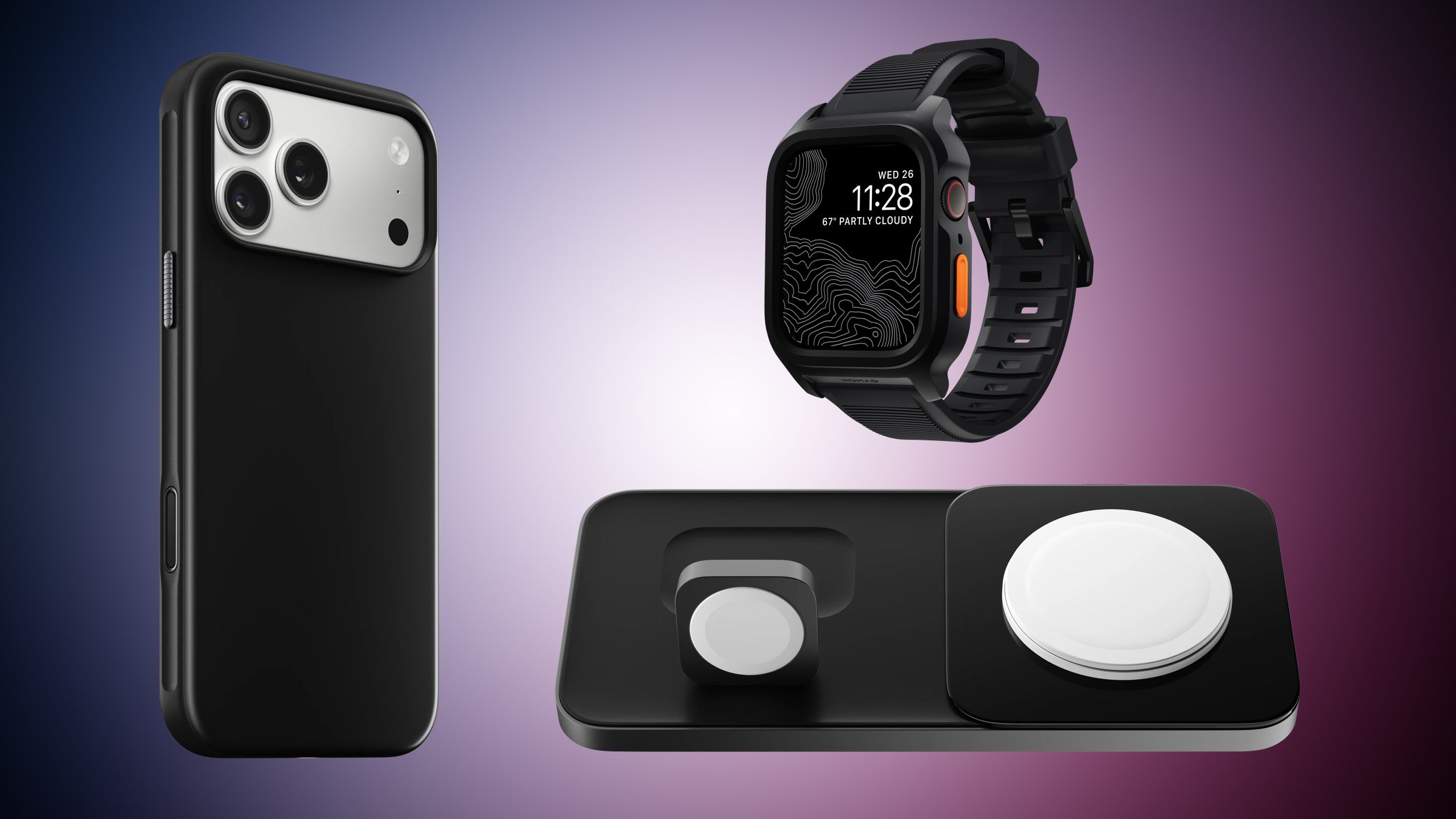Apple’s Private Cloud Compute: Redefining AI Privacy and Performance
In the rapidly evolving landscape of artificial intelligence (AI), Apple has introduced a groundbreaking solution that harmonizes advanced computational capabilities with stringent privacy standards: Private Cloud Compute (PCC). This innovative platform is designed to process complex AI tasks securely, ensuring that user data remains confidential and protected.
The Genesis of Private Cloud Compute
The inception of PCC can be traced back to early developments in iOS 16.4, where references to a new ComputeModule device class were discovered. These modules, initially speculated to be akin to Raspberry Pi devices, were later identified as the foundation for Apple’s PCC servers. Notably, these servers are powered by Apple’s custom silicon, including the M2 Ultra chip, enabling efficient and secure processing of AI tasks that exceed the capabilities of on-device computation.
Balancing On-Device and Cloud Processing
Apple Intelligence, the company’s suite of AI features, operates on a dual-processing model. While many tasks are handled directly on the device to maximize privacy and responsiveness, more demanding computations are offloaded to PCC. This approach ensures that even complex AI requests are processed without compromising user privacy. As Apple elucidates:
> When a user makes a request, Apple Intelligence analyzes whether it can be processed on device. If it needs greater computational capacity, it can draw on Private Cloud Compute, which will send only the data that is relevant to the task to be processed on Apple silicon servers. When requests are routed to Private Cloud Compute, data is not stored or made accessible to Apple, and is only used to fulfill the user’s requests.
Unparalleled Privacy Measures
Privacy is the cornerstone of PCC. Apple has implemented several robust measures to safeguard user data:
1. End-to-End Encryption: All data transmitted to PCC is encrypted, ensuring that it remains inaccessible to unauthorized parties, including Apple itself.
2. Stateless Computation: Once a task is completed, any data used during the process is immediately and permanently deleted from the servers, leaving no residual information.
3. Transparent Operations: Apple has made the software running on PCC servers publicly available for independent verification. This transparency allows security researchers to inspect and validate the system’s privacy claims, fostering trust and accountability.
Collaborations and Future Directions
In a strategic move to enhance its AI capabilities, Apple has partnered with Google to integrate Google’s Gemini models into the new Siri architecture. These models will operate within the PCC framework, providing advanced AI functionalities while adhering to Apple’s stringent privacy standards. This collaboration underscores Apple’s commitment to delivering cutting-edge AI experiences without compromising user trust.
Empowering Developers and Researchers
Apple’s dedication to privacy extends beyond its consumer products. The company has made PCC resources accessible to researchers and developers, enabling them to explore and verify the platform’s security features. Additionally, Apple has expanded its Security Bounty program to include PCC, offering substantial rewards for identifying vulnerabilities. This initiative not only reinforces the platform’s security but also encourages a collaborative approach to privacy and innovation.
Conclusion
Apple’s Private Cloud Compute represents a significant advancement in the integration of AI and privacy. By seamlessly combining on-device processing with secure cloud-based computation, PCC offers users powerful AI capabilities without sacrificing their personal data’s confidentiality. As AI continues to permeate various aspects of daily life, Apple’s PCC stands as a testament to the possibility of achieving technological innovation while upholding the highest privacy standards.



